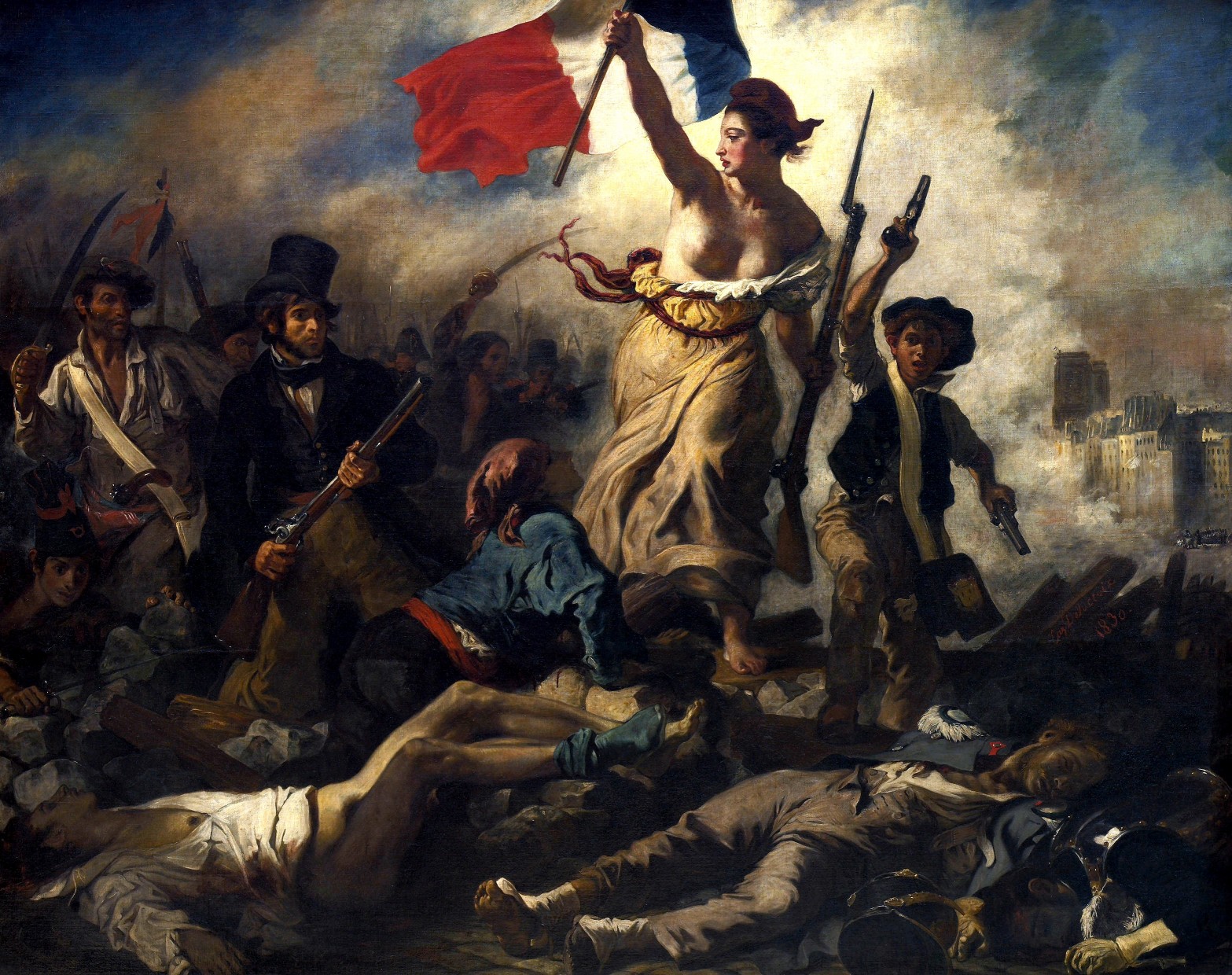“We stand squarely for free speech and democracy”, said David Cameron last Wednesday at Prime Minister’s Questions, not more than an hour after the attacks on the French magazine Charlie Hebdo. This is a rather strange proposition for the leader of a party who proposed to reinstate the ban on “extremists” from appearing on television and have been trying for the past few years to reintroduce the “snooper’s charter”. Indeed, the Tories have gone rather native in the Home Office, in contrast to five years ago when we were all criticising Labour for restricting our civil liberties.
Several hours later, the House of Commons then debated a somewhat–but not sufficiently–diluted Counter Terrorism and Security Bill, in which Tory and Labour frontbenchers alike praised the bill for being an important tool in the fight against paedophiles and terrorists: the two words that friends of this blog have previously highlighted as resulting in universally awful legislation.
After this brief sojourn into hypocrisy, Cameron took a flight to Paris where he stood side-by-side with the world’s autocrats and despots in the name of free speech. Whilst there, he lent his name to an agreement for more surveillance powers. One would think that Charb and his seven colleagues would not want that in their name. But Cameron went one step further, and proposed the worst idea to regulate a specialist field since Labour tried to ban coffee eighteen months ago: a ban on encryption.
